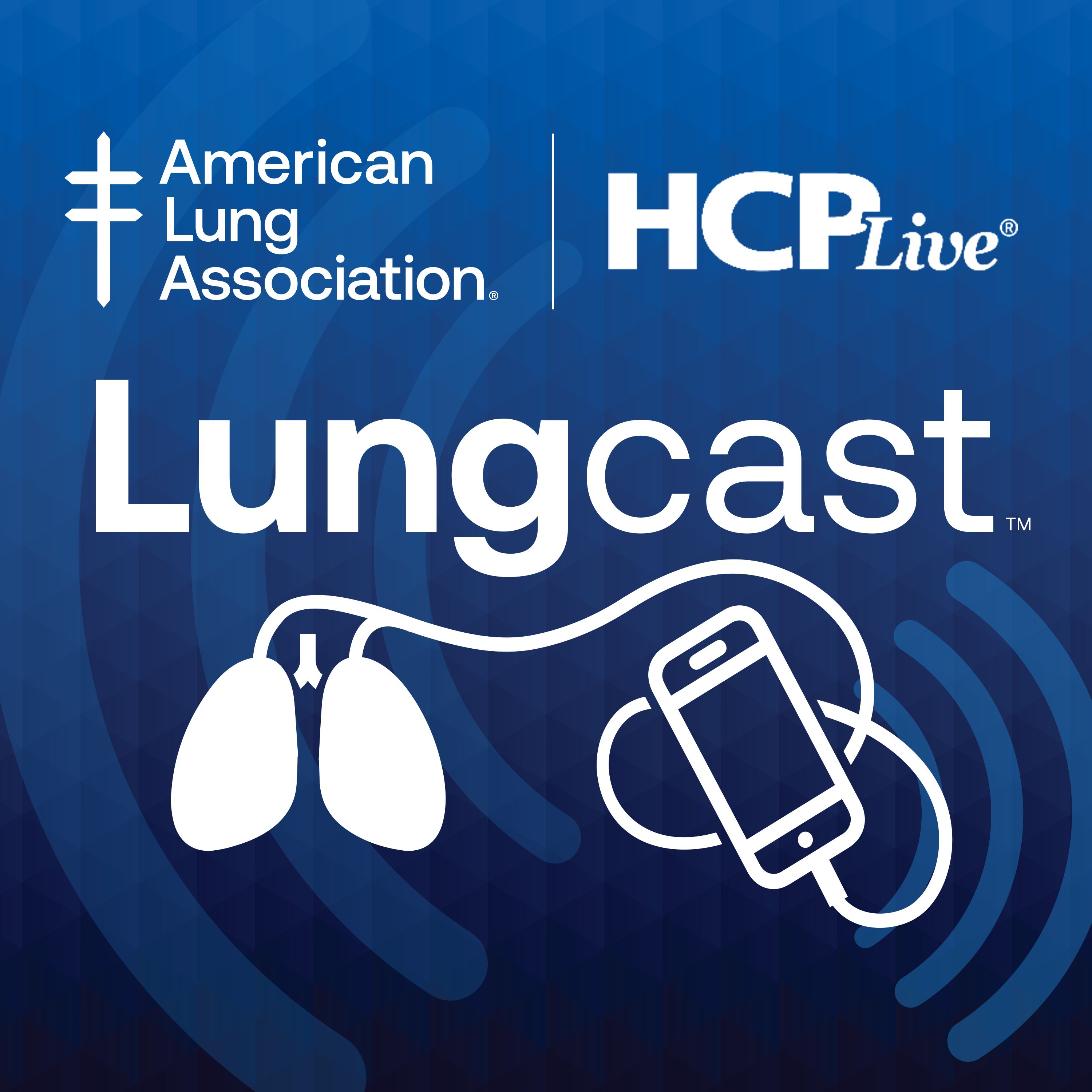Article
Nighttime Feeding of Infants Associated with Poor Nocturnal Sleep in Mothers
Author(s):
The data suggested that disruptions in sleep came not from breastfeeding per se, but the action of waking up and feeding the infant.
Christie Bennett, PhD

A new investigation into the associations between breastfeeding and sleep found that the former was not associated with shorter or worse nocturnal sleep. However, the number of nighttime feeds was associated with changes in sleep patterns.
Sleep is often cited as a primary concern for parents during the postpartum period, as decreased sleep duration and poor sleep quality are commonly reported by caregivers.
Additionally, postpartum sleep disturbance has been associated with symptoms of depression and anxiety, negative effects on mother-infant dynamics, worse daytime functioning, and poor quality of life.
Despite this, the association between breastfeeding and sleep of gestational parents is still poorly understood, which prompted investigators led by Christie Bennett, PhD, School of Clinical Sciences at Monash University, to conduct a longitudinal study that investigated the associated between breastfeeding and total nighttime sleep duration and sleep efficiency in nulliparous participants.
The Methods
Participants were recruited from the Childbirth Education Program at the Royal Women’s Hospital in Australia.
Inclusion criteria was comprised of nulliparity, being 18 years or older, a singleton pregnancy, and access to email and internet. Participants utilizing any form of feeding method were included.
Sleep disorders in participants were screened using Duke Structured Interview for Sleep Disorders (DSISD) and psychiatric disorders via the Mini International Neuropsychiatric Interview 7.0.
Eligible participants were randomized 1:1 to a healthy sleep or healthy diet condition. The sleep intervention intended to address perinatal sleep disturbance using cognitive behavioral strategies including components such as sleep hygiene, understanding differences between symptoms of insomnia and sleep deprivation, mindfulness-based strategies, and skills for managing sleepiness and fatigue.
The diet condition was comprised of information regarding nutrition for the pregnancy and postpartum period, postpartum weight management, introducing solid foods to the infant and family eating.
After randomization, participants were tasked with completing 7 items based on the Consensus Sleep Diary to report aspects of their sleep from the previous week. Total sleep time and sleep efficiency were extracted from these items.
This was followed by a 16-item variation of the Patient Reported Outcomes Measurement Information System (PROMIS) that measured sleep disturbance and sleep-related impairment over 2 week’s time.
Breastfeeding information was collected via telephone interviews and included time since ceasing breastfeeding (in weeks), the percentage of human milk and the average number of nighttime feeds per night.
The Findings
Investigators observed that the presence of breastfeeding and the percentage of human milk in infants' total diets were not significantly associated with participants' sleep duration or sleep quality (P-values > 0.08), a finding that remained after controlling for the number of nighttime feeds (P-values > 0.11).
However, greater numbers of nighttime feeds, regardless of feeding content, were strongly associated with shorter sleep duration and poor sleep efficiency (P-values < 0.05).
Following each additional nighttime feed, nocturnal sleep duration decreased by an average of 6.6-8.4 minutes, and sleep efficiency decreased by 2.88%-3.02%.
The data suggested that disruptions in sleep came not from breastfeeding per se, but the action of waking up and feeding the infant.
“Infant sleep location as a covariate, shared mixed associations with maternal sleep, highlighting potentially complex relationships amongst breastfeeding, infant room/bedsharing, and maternal sleep requires further research,” the team wrote.
The study, “Does breastfeeding influence sleep? A longitudinal study across the first two postpartum years,” was published online in Birth: Issues in Perinatal Care.





